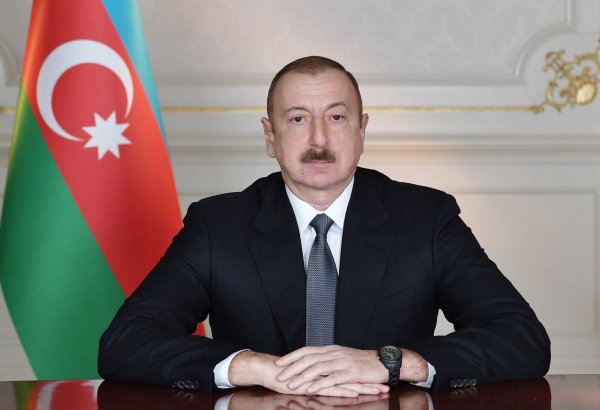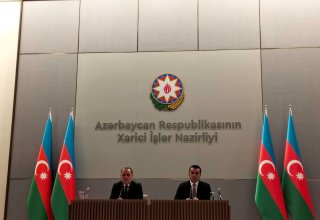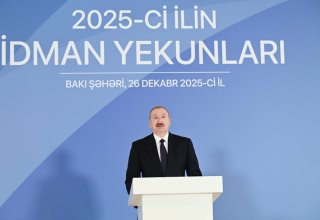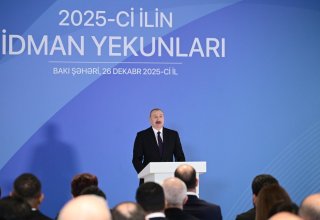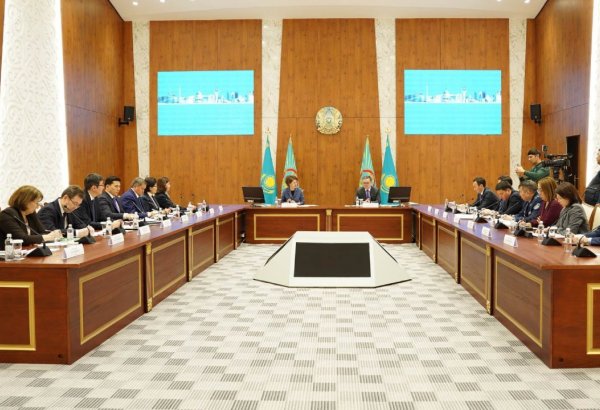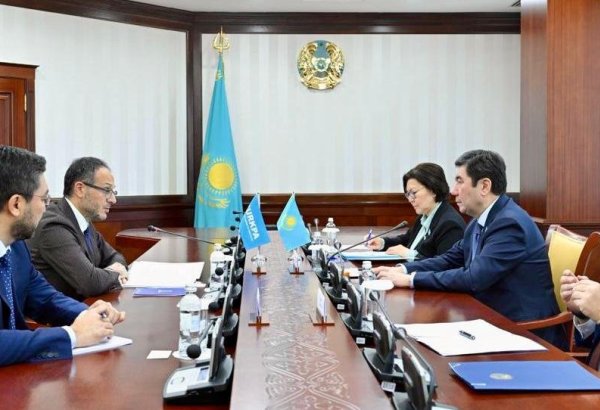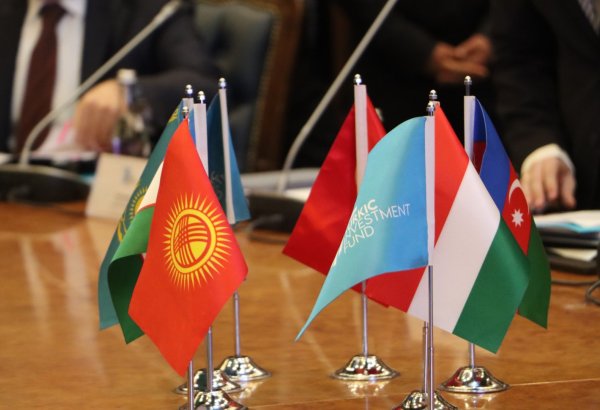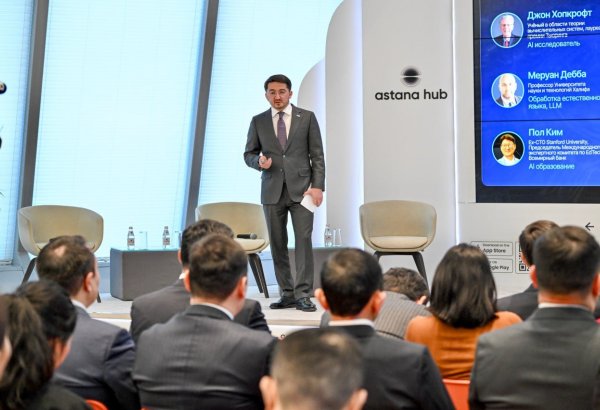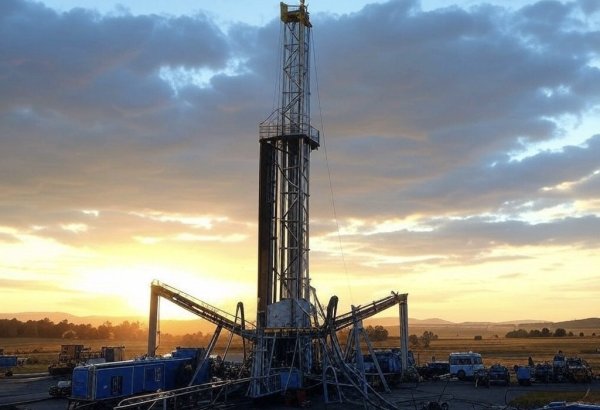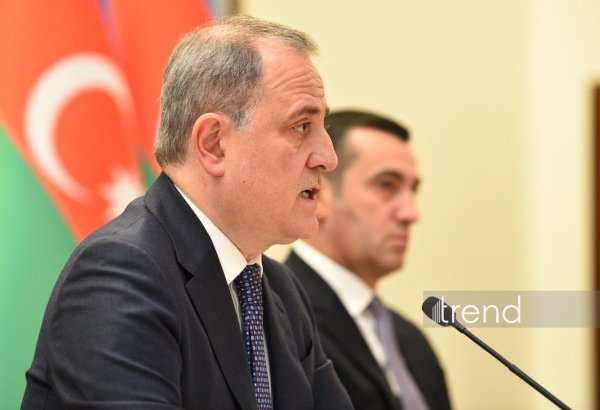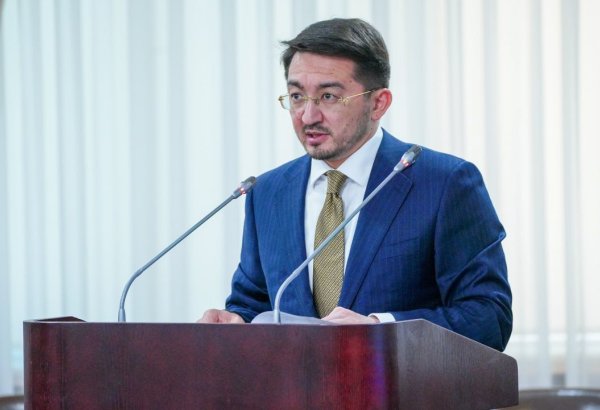BAKU, Azerbaijan, July 13. Kazakhstan plays a key role in the development of the Trans-Caspian transport network, the European Commission’s spokesperson Adalbert Jahnz said in an exclusive interview with TurkicWorld
"Transport cooperation between the EU and Kazakhstan has grown in recent years. October 2022 saw Horizontal Aviation Agreement negotiations resume. The EU-funded study on sustainable transport linkages between Europe and Central Asia has also opened up new cooperation options between the EU and all five Central Asian nations, including Kazakhstan, which is crucial to regional transport connectivity," he said.
According to Jahnz, the study identified 33 hard infrastructure investment needs across the region (for example modernization of existing railways and roads, additional links, fleet expansion, port capacity expansion, rolling stock, logistics centers, warehousing) and seven soft connectivity actions (for example trade facilitation, tariff harmonization, customs procedures, border controls, interoperability, market liberalization).
"These are all specific, concrete, implementable and realistic actions that can contribute to the competitiveness, economic attractiveness and operational efficiency of the Trans-Caspian Transport network and offer opportunities for all the five Central Asian countries to maximize their sustainable economic development by being better connecter with each other – and with Europe," Jahnz said.
He stated that the ballpark figure of investment needed to get the corridor up and running is approximately 18.5 billion euros for the nitty-gritty connectivity issues alone.
"Therefore, as Team Europe, the EU involves the European financial institutions, but also other international financing institutions, the private sector and like-minded countries in coordination efforts among various potential investors. In January 2024, at the Global Gateway Investors Forum for EU-Central Asia Transport Connectivity, the Commission announced the commitment of 10 billion euros in support and investments towards sustainable transport connectivity in Central Asia. A dedicated Coordination Platform for the Trans-Caspian Transport Corridor was also recently launched in Astana, chaired by the European Commission and hosted by the government of Kazakhstan," the spokesperson said.
According to him, cargo traffic along the Trans-Caspian Transport Corridor has already tripled since it started operations in 2017 and further doubled following the war in Ukraine.
"If key issues, bottlenecks, capacity shortages, and other connectivity issues (including soft connectivity like customs, border crossings, and documentation) are addressed in coordination with all key partners, it can handle more land-based trade between Europe and Asia. Based on the EU-funded study on sustainable transport connections between Europe and Central Asia from June 2023, the European Commission is focusing on improving operational efficiency and economic attractiveness of the Trans-Caspian Transport Corridor under the Global Gateway Strategy. This work continues in close consultation with all five Central Asian countries and other relevant stakeholders, including in the South Caucasus and Türkiye, guided by the EU's inclusive approach to regional connectivity to support sustainable economic development in all countries," he added.
To note, from early 2025, the EU will finance a Central Asia Transport Program, currently under preparation, to advance regulatory and legislative reforms, assist with improving soft connectivity aspects in the Corridor, and support acceleration of investments in transport infrastructure. This will be complemented by a Central Asia Prosperity Program (beginning operations in the second half of 2024), which, among other elements, will strengthen trade facilitation and digitalization along the Corridor. Kazakhstan will be among the beneficiaries of both programs.










